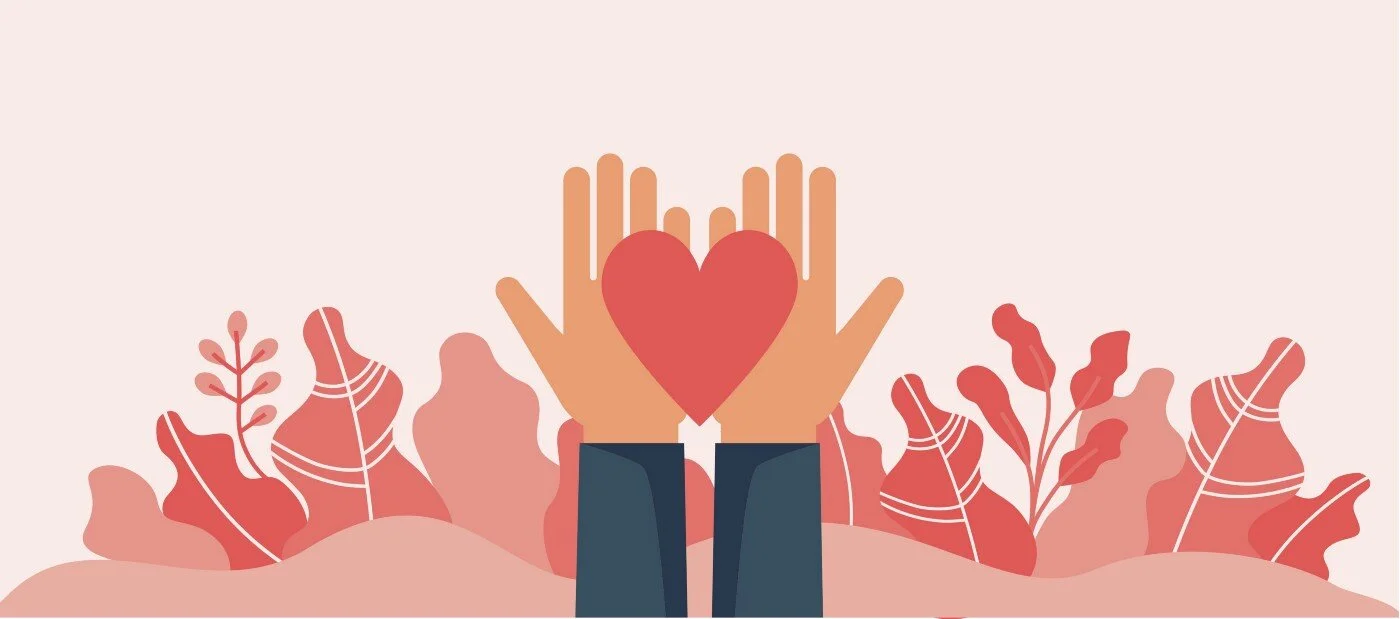As Victoria enters the unprecedented time of Stage 4 lockdown and a state of disaster is declared in response to the Covid-19 pandemic, disability advocates and academics have come together to highlight the vital importance of state and federal Governments working together to eliminate critical gaps for people with disability.
The situation in aged care homes has already shown a lack of joined up planning and responses can result in preventable harms and risks. In the media release below advocates from the disability sector identify the key areas of concern for people with disability and the urgent need for the NDIA and Victorian Government to implement a plan to ensure people with disability do not suffer through the stage 4 lockdown.
Read More




















